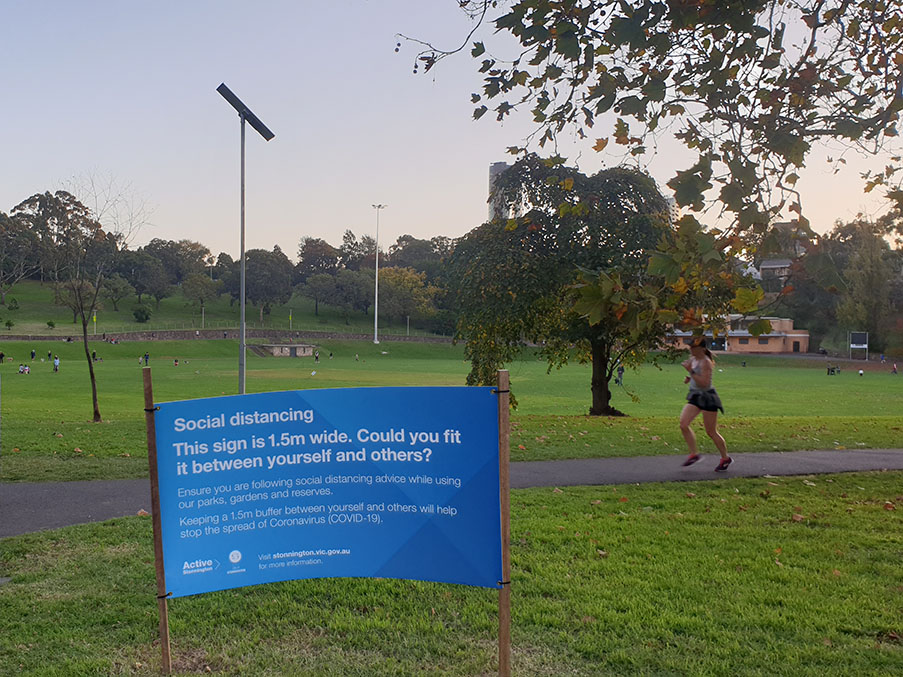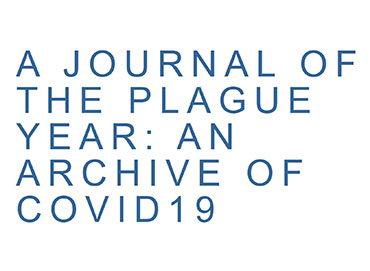
In future decades members of your local community will look back with very mixed emotions at the COVID-19 pandemic from which we are now suffering. They will wonder about our experiences, just as we have become so fascinated with how Australian communities coped with the 1919 Spanish Flu pandemic.
While we are mostly blocked from attending our local historical society premises, we have the opportunity to prepare answers for the questions that may be asked in the future. What were the impacts on our local community? How did people adjust?
Some societies have already suggested that their members keep personal records and accounts of their day-to-day existence in the lockup, for inclusion in society archives once this is all over. FAHS endorses that as a very valuable project.
FAHS also suggests that some of you, our ‘laid-off volunteers’, may also wish to use part of their time to collect records about the experiences of their local community, its people, businesses and organisations.
Through newspapers, the capture of website images and social media conversations, taking their own images, you can build a record of how your community was impacted. What effect did the lockdown have on local businesses? How extensive was unemployment? How did people in the community respond to the peculiar circumstances.
Such material may be collected and printed in hard copy, and/or form a digital archive for future reference and research. You could even contribute to A Journal of the Plague Year: an Archive of COVID-19, which is a collaboration between universities worldwide, including the University of Melbourne.


